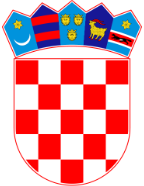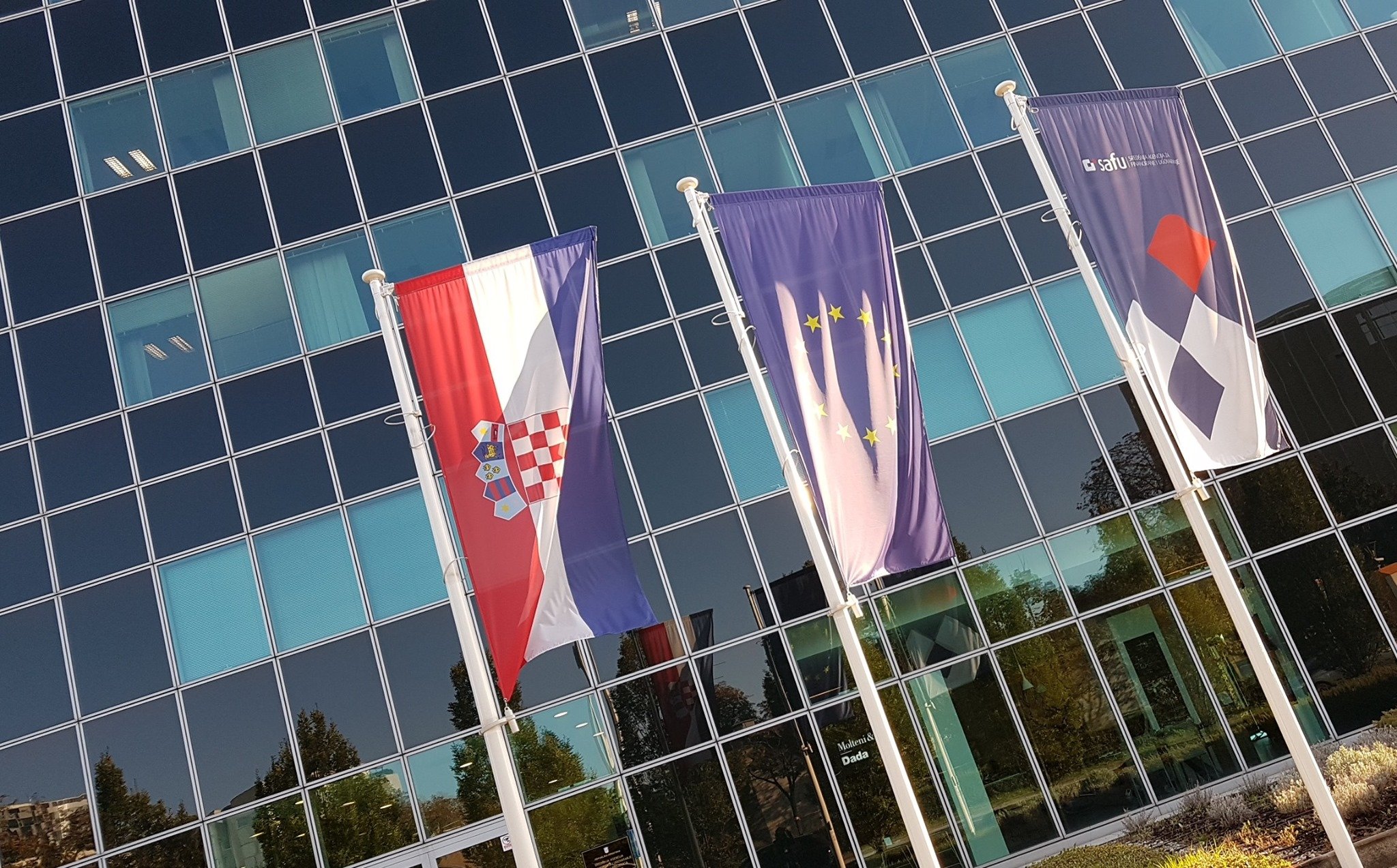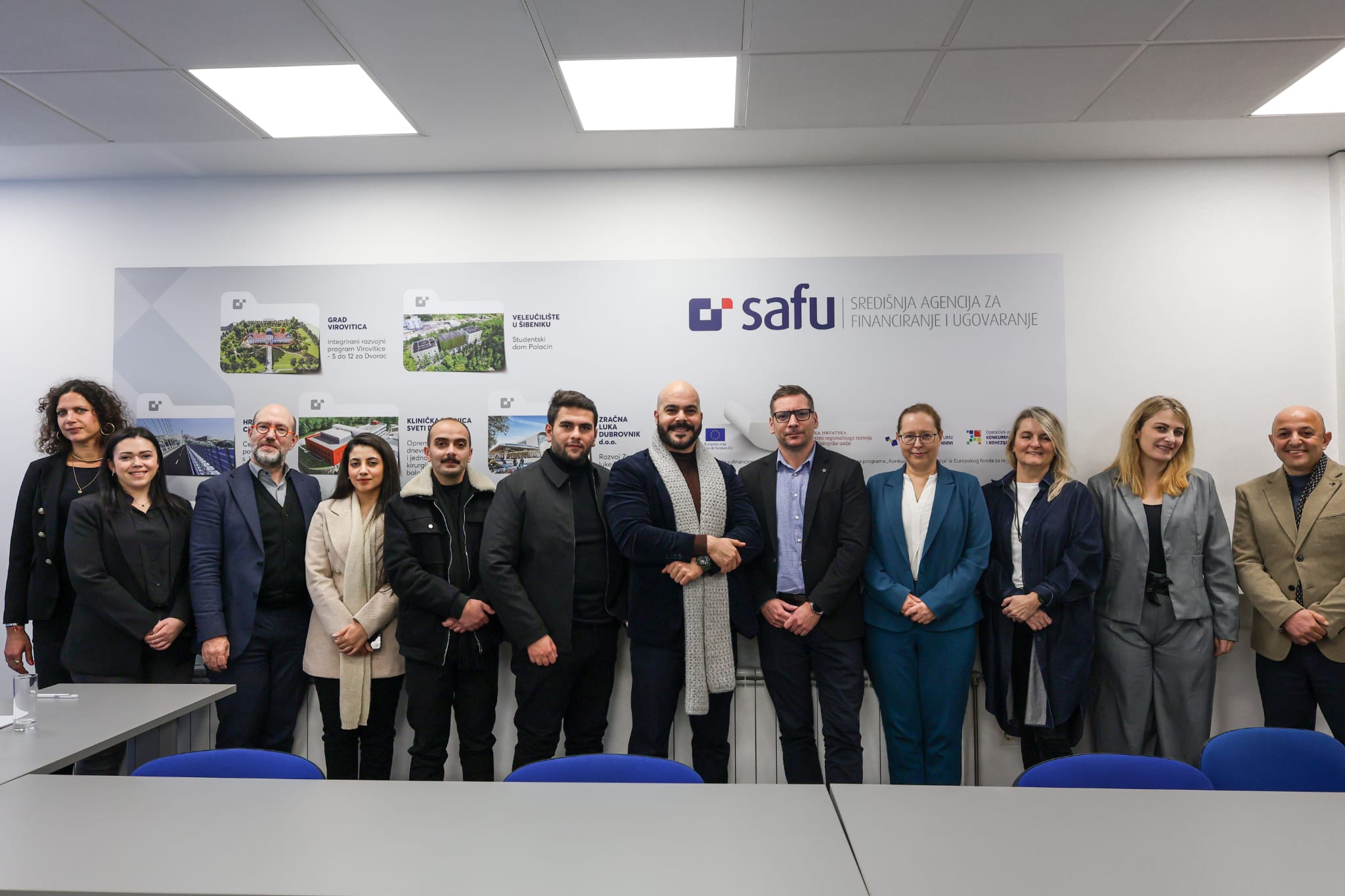On 1 March 2025, Croatian Central Finance and Contracting Agency (CFCA) officially started the implementation of the PROTECT (Prevention, Response and Oversight Tactics to Eliminate fraudulent aCTivities) network – antifraud capacity building project, with the duration of 20 months and a total value of EUR 99,905.90. The project was designed to have a key role in strengthening the capacities in the fight against fraud within the management and control system of EU funds.
The goal of the project is to improve administrative capacities through international cooperation and the exchange of best practices at conferences, as well as to build a strong network of institutions called the PROTECT network. The project will also work on improving tools and procedures for detecting fraud, conflicts of interest, corruption and double financing in accordance with the latest EU standards.
The project activities and results include:
- Strengthening the capacities of key stakeholders
- Two international conferences that will serve as a platform for the exchange of ideas and the development of new guidelines for the fight against fraud
- Production of publications with recommendations for the procurement of IT tools and systems that will help prevent fraud
- Establishment of the international PROTECT network that will enable effective exchange of experiences and solutions in the fight against fraud
The conferences will be an opportunity to exchange experiences on current challenges in the fight against fraud, as well as to harmonize best practices between institutions, both at national and European level. This project’s purpose is not only to improve the system of EU funds management in Croatia but also to strengthen coordination among EU Member States. By using innovative approaches and developing specialized tools, the PROTECT project is laying the foundation for an efficient, transparent and secure future in the management of EU funds.
![]()
Co-funded by the European Union. Views and opinions expressed are however those of the author(s) only and do not necessarily reflect those of the European Union or European Commission. Neither the European Union nor the granting authority can be held responsible for them.







